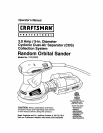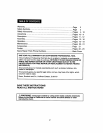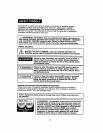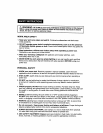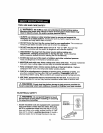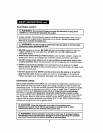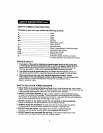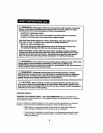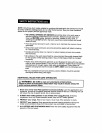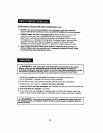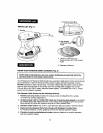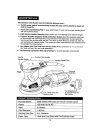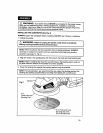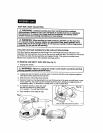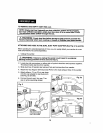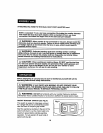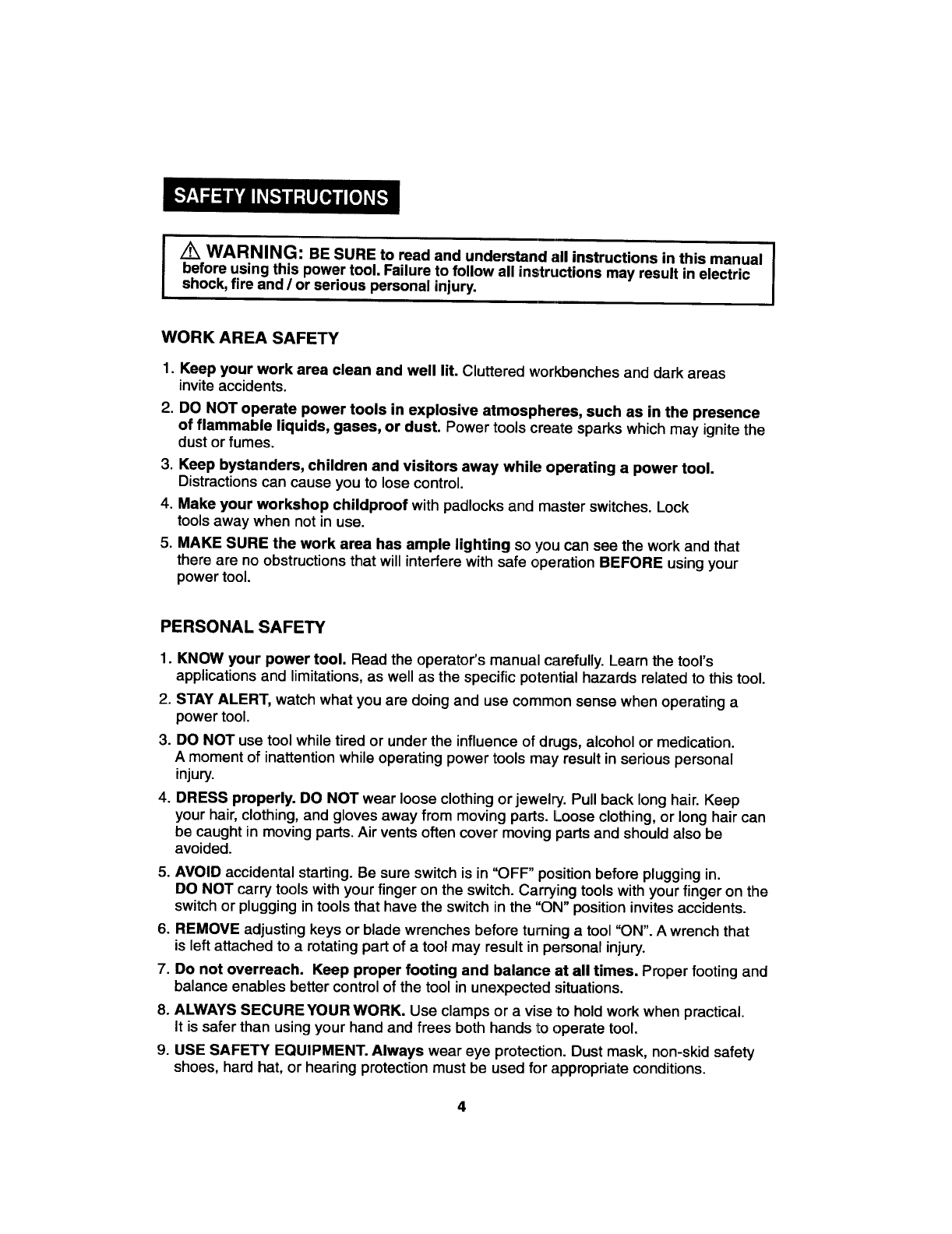
/k WARNING: BE SURE to read and understand all instructions in this manual
before using this power tool. Failure to follow all instructions may result in electric
shock, fire and / or serious personal injury.
WORK AREA SAFETY
1. Keep your work area clean and well lit. Cluttered workbenches and dark areas
invite accidents.
2. DO NOT operate power tools in explosive atmospheres, such as in the presence
of flammable liquids, gases, or dust. Power tools create sparks which may ignite the
dust or fumes.
3. Keep bystanders, children and visitors away while operating a power tool.
Distractions can cause you to lose control.
4. Make your workshop childproof with padlocks and master switches. Lock
tools away when not in use.
5. MAKE SURE the work area has ample lighting so you can see the work and that
there are no obstructionsthat will interfere with safe operation BEFORE using your
power tool.
PERSONAL SAFETY
1. KNOW your power tool. Read the operator's manuail carefully. Learn the tool's
applications and limitations,as well as the specific potential hazards related to this tool.
2. STAY ALERT, watch what you are doing and use common sense when operating a
power tool.
3. DO NOT use tool while tired or under the influence of drugs, alcohol or medication.
A moment of inattention while operating power tools may result in serious personal
injury.
4. DRESS properly. DO NOT wear loose clothing or jewelry. Pull back long hair. Keep
your hair, clothing,and gloves away from moving parts. Loose clothing, or long hair can
be caught in moving parts. Air vents often cover moving parts and should also be
avoided.
5. AVOID accidental starting. Be sure switch is in "OFF" position before plugging in.
DO NOT carry tools with your finger on the switch. Carrying tools with your finger on the
switch or plugging in tools that have the switch inthe "ON" position invites accidents.
6. REMOVE adjusting keys or blade wrenches before turning a tool "ON". A wrench that
is left attached to a rotating part of a tool may result in personal injury.
7. Do not overreach. Keep proper footing and balance at all times. Proper footing and
balance enables better controlof the tool in unexpected situations.
8. ALWAYS SECURE YOUR WORK. Use clamps or a vise to hold work when practical.
It is safer than usingyour hand and frees both hands to operate tool.
9. USE SAFETY EQUIPMENT. Always wear eye protection. Dust mask, non-skidsafety
shoes, hard hat, or hearing protection must be used for appropriate conditions.
4



